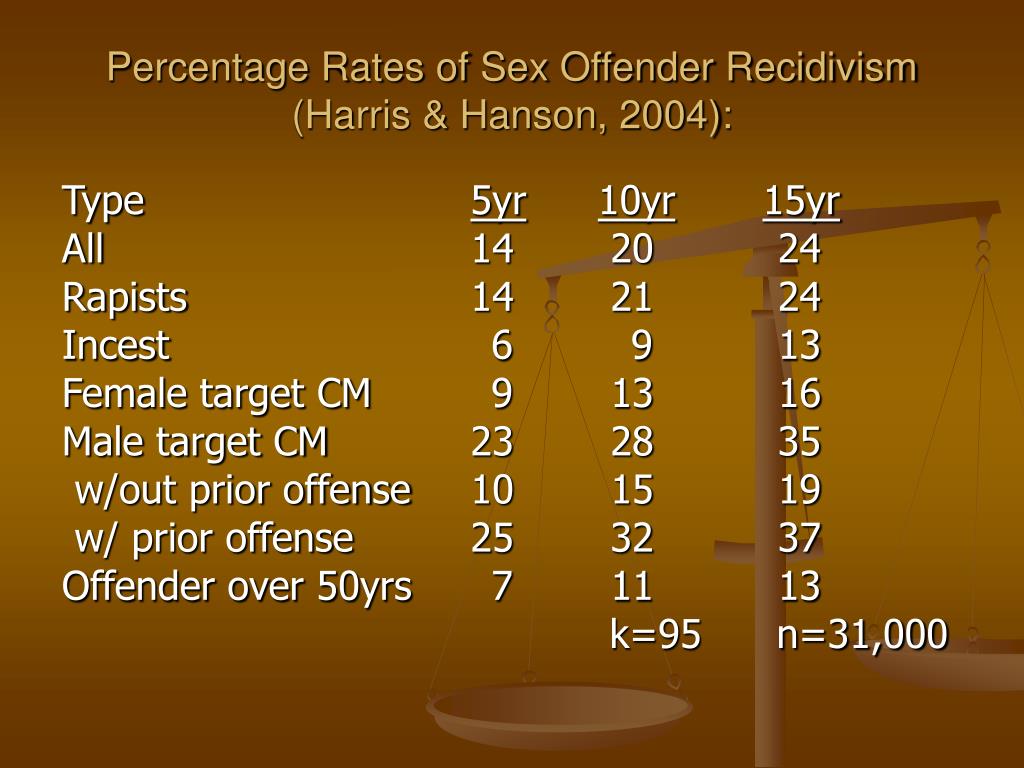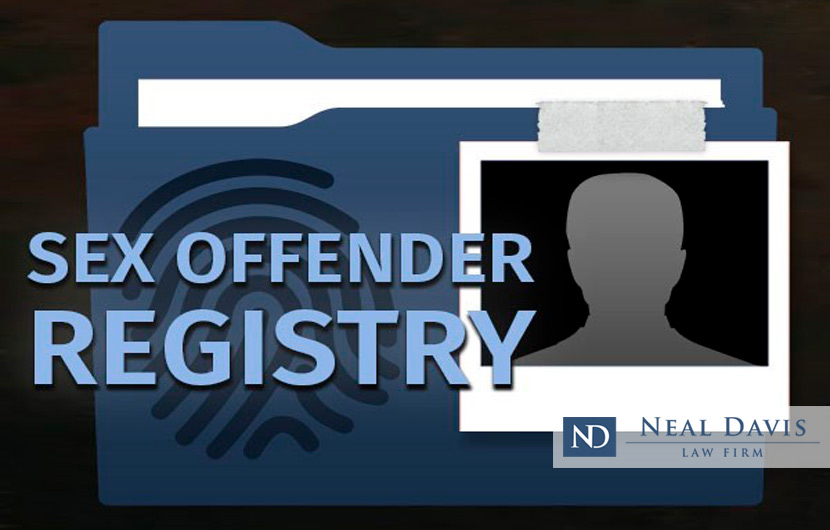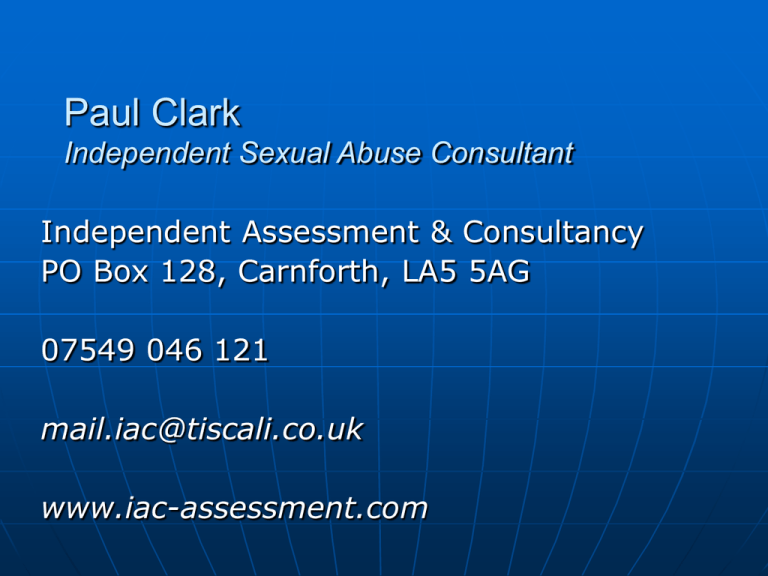Understanding Sex Offender Information and Public Safety in Austin
Related Articles: Understanding Sex Offender Information and Public Safety in Austin
Introduction
With enthusiasm, let’s navigate through the intriguing topic related to Understanding Sex Offender Information and Public Safety in Austin. Let’s weave interesting information and offer fresh perspectives to the readers.
Table of Content
Understanding Sex Offender Information and Public Safety in Austin

The availability of information regarding registered sex offenders is a complex and often debated topic. In Austin, Texas, as in many other jurisdictions, this information is made accessible to the public through various means, including online databases and maps. While the accessibility of such data sparks discussions about privacy rights and potential misuse, its primary purpose remains rooted in public safety and community awareness.
The Importance of Sex Offender Information
The rationale behind making sex offender information public rests on the belief that transparency and awareness can help prevent future crimes. This information can empower individuals to take proactive measures for their own safety and the safety of their families. For example, parents might use this information to ensure their children are not exposed to potential risks in their neighborhood or at school.
Understanding the Data
The information available on sex offender databases typically includes:
- Basic Information: Name, date of birth, address, and photograph of the registered sex offender.
- Offense Details: The nature of the offense committed, the date of the offense, and the jurisdiction where it occurred.
- Registration Status: Whether the individual is currently registered and in compliance with the law.
- Risk Level: Some databases may include an assessment of the offender’s risk of re-offending.
Accessing Sex Offender Information in Austin
In Austin, residents can access information about registered sex offenders through the following resources:
- Texas Department of Public Safety (DPS) Website: The DPS website provides a searchable database of registered sex offenders throughout Texas. Users can search by name, address, or other criteria.
- Austin Police Department Website: The Austin Police Department’s website provides a map-based interface that allows users to view the locations of registered sex offenders within Austin city limits.
- Third-Party Websites: Several third-party websites also provide access to sex offender information, although the accuracy and completeness of this information may vary.
Navigating the Information and Understanding its Limitations
It is crucial to acknowledge the limitations of sex offender databases. While they offer valuable information for public safety, it is important to understand that:
- Not all sex offenders are registered: Some offenders may not be required to register, or they may have successfully evaded registration.
- Registration data is not always accurate: Errors and omissions can occur in the registration process, and information may not be updated promptly.
- Information does not predict future behavior: Registration status alone does not guarantee that an individual will re-offend.
Misuse of Sex Offender Information
The availability of sex offender information raises concerns about potential misuse. This information should be used responsibly and ethically.
- Harassment and discrimination: Accessing and sharing this information for purposes other than public safety can lead to harassment, discrimination, and even vigilantism.
- False accusations: The public dissemination of this information can sometimes lead to false accusations and the wrongful targeting of individuals.
- Privacy concerns: The publication of personal information about registered sex offenders raises concerns about their right to privacy and potential reputational damage.
Balancing Public Safety and Privacy Rights
The balance between public safety and privacy rights is a complex and ongoing discussion. Laws and policies regarding the accessibility of sex offender information are constantly evolving to address these concerns.
FAQs Regarding Sex Offender Information in Austin
Q: What are the legal requirements for sex offender registration in Texas?
A: Texas law requires individuals convicted of certain sex offenses to register with the DPS. The specific requirements vary depending on the nature of the offense and the offender’s risk level.
Q: How often is sex offender information updated?
A: The DPS website is updated regularly with new information and changes to existing records. However, there may be delays in updating information, particularly for individuals who have recently moved or changed their registration status.
Q: What can I do if I see a registered sex offender in my neighborhood?
A: It is important to remember that simply being registered as a sex offender does not mean that an individual is likely to re-offend. If you have concerns about a particular individual’s behavior, you should contact the Austin Police Department.
Q: Can I use sex offender information to harass or discriminate against someone?
A: No. Using sex offender information for harassment or discrimination is illegal and can have serious consequences.
Tips for Using Sex Offender Information Responsibly
- Use the information for its intended purpose: Accessing and using sex offender information should be limited to legitimate safety concerns and community awareness.
- Be aware of the limitations of the data: Remember that the information may not be completely accurate or up-to-date.
- Do not share the information with others without a legitimate reason: Sharing this information indiscriminately can lead to harassment and discrimination.
- Report any suspected abuse or misuse of the information: If you witness or suspect someone using this information for illegal or unethical purposes, contact the appropriate authorities.
Conclusion
The availability of sex offender information in Austin is a complex issue with both benefits and concerns. While this information serves a vital role in public safety and community awareness, it is essential to use it responsibly and ethically. By understanding the limitations of the data, respecting the privacy rights of registered sex offenders, and avoiding misuse, individuals can contribute to a safer and more informed community.








Closure
Thus, we hope this article has provided valuable insights into Understanding Sex Offender Information and Public Safety in Austin. We thank you for taking the time to read this article. See you in our next article!